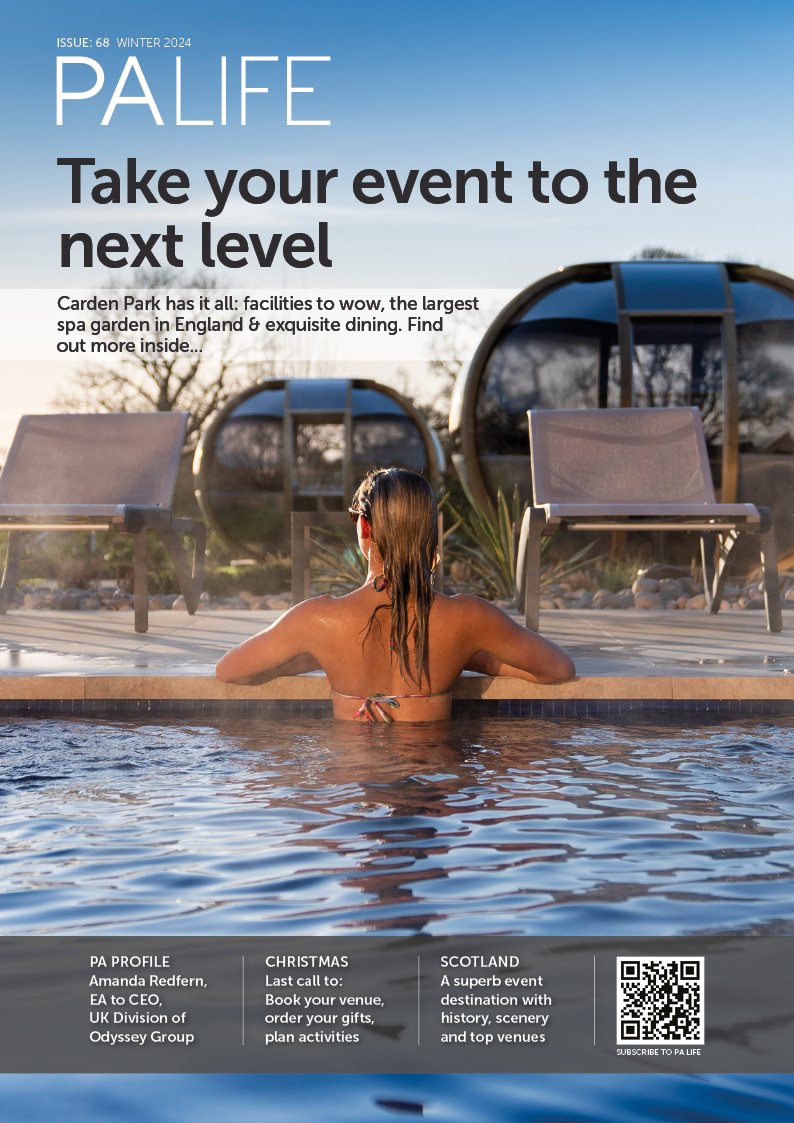Steve Norris, sales director and workplace channel lead at Nestlé Professional® shares the ingredients that make up the perfect team
“As part of the Nestle Professional ‘Making Work Work’ research we asked 2,000 employees and managers in businesses across Britain what the most important factors were in making up the perfect team. We also conducted in-depth interviews with businesses across the UK to glean a deeper insight into the factors that make for the strongest and most supportive teams. Here are the top seven attributes according to our research…
- Diversity: The perfect team should be made up of lots of different types of people, all with a variety of opinions and backgrounds. Disagreeing should not be seen as a negative but something that encourages discussion and ultimately a more successful team. A quarter of employees feel it’s important to the success of a business to encourage a diverse range of personalities within a team.
- Empowerment: Helping team members to feel empowered to drive projects forward and make decisions is rated as the top way to get the best from a team by managers in the UK. Added to this, encouraging employees to take their own initiative and think for themselves is seen as a top three positive attribute by managers attempting to encourage that sense of team.
- Feeling Valued: With staff retention rates a serious issue for UK businesses, six in ten workers reveal they would stay in a job longer if they felt valued. Factors that managers believe may help with this include providing training and development opportunities for employees. Investing in workplace facilities is also seen as a positive draw for getting the most out of a team and in particular high-quality tea and coffee facilities. It’s with this in mind that Nestlé Professional has launched its NESCAFÉ®Dolce Gusto®Majesto coffee machine – designed to bring teams together, it offers over 40 different drinks to suit all preferences.
- Flexibility: Employees rate flexible working hours as the number one factor that would make them happier at work. It’s a sentiment shared by managers, who believe flexible working is the first thing employees are looking for in an employer of choice. Businesses we spoke to said teams built on flexibility and agility are able to attract and retain the best people.
- Equality: Teams with rigid hierarchical structures are not considered favourably by UK employees. Instead, more fluid teams where everyone is considered equal rate as the number one factor for effective teamwork by employees. Added to this an emphasis on a ‘collaborative approach’ to working together rather than a micro-managed approach is seen as a key attribute. It’s perhaps not surprising then that in our research we discovered three-quarters of managers had made a cup of tea or coffee for a more junior team member within the last week.
- Strong leadership: But while workers want to feel equal and collaborate organically with colleagues, one in five would also like to see a strong leader driving a team forward in a positive way. This is something that managers are aware of too as they acknowledge that encouraging a team to work together on a project can make all the difference.
- A variety of skills: The best work happens when teams bring different ideas and skills to the table. Workers having varied skills is rated as one of the top attributes amongst employees in the UK for fostering effective teamwork.
To find out more about how to get the most from your team and why a happy team is the key to business success visit http://www.nestleprofessional.co.uk/makeworkwork/report










